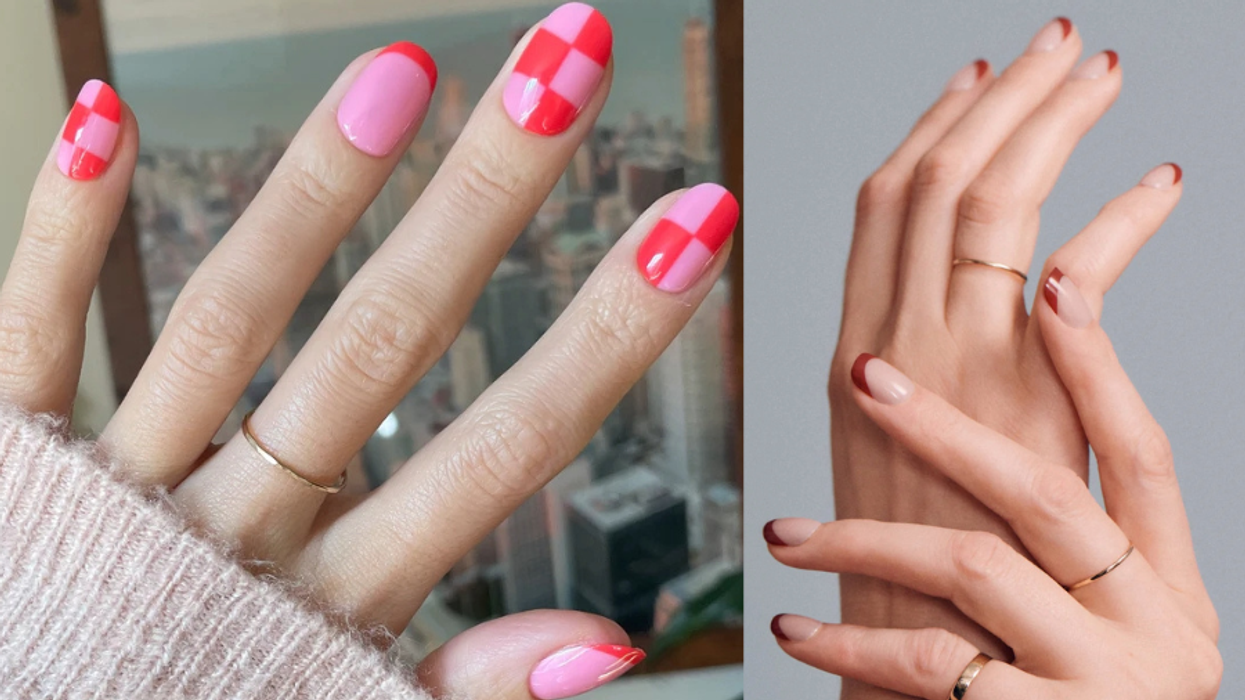Practice self-compassion and be good to yourself.
Why Treating Yourself Like a BFF Makes You Healthier

Think about the last time your best friend was feeling bummed about her looks. It’s likely that you tried helping her out with a hug, a sympathetic text or a shoulder to cry on. Being that booster for your bestie is what friends do, right? Now, a new study says that giving yourself that same cheerleading treatment may actually help you look and feel better.
A recent study published in the journal Body Image found that self-compassion is the key to looking and feeling our best. Specifically, it has an impact on the way we eat and how we view our bodies.
To understand the relationship between eating habits, body image and being more forgiving of yourself, Canadian researchers studied 92 college women, asking them to complete a nightly online survey recording their body mass index, levels of self-compassion and self-esteem, eating patterns and various body image measurements. The researchers found that on days when women treated themselves more compassionately, they felt better about how they looked and also ate better.
Unlike self-esteem, which depends on being above average or meeting certain goals, self-compassion is practicing caring, sympathetic and non-judgmental attitudes regardless of performance. The researchers noted that forgiveness may stimulate feelings of safety and security, which should help women feel more positively about their bodies in a less restrictive way.
How To Practice Self-Compassion
Kristen Neff, founder of the Mindful Self-Compassion Program, describes self-compassion as a genuine, sympathetic concern for our own well-being. Simply put, it’s the same kindness and care we’d give to a good friend.
To practice self-compassion, Neff recommends being kind and understanding about our personal failures and honoring and accepting our humanness. She suggests several ways to practice self-compassion:
1. Treat yourself like a friend. Think about how you’d help a friend in a similar situation, then respond to yourself in the same compassionate manner.
2. Take a self-compassion break. Take five minutes out of your day to tell yourself that it’s okay to feel disappointed at times. Gently remind yourself that you’re learning to love your body just the way it is.
3. Start a self-compassion journal. Jot down anything for which you judge yourself and write yourself a supportive answer right back. You can even write encouraging and happy phrases on Post-its and place them around your home or office!
If you’re curious about your level of self-compassion, you can test yourself on Neff’s website. Like any new skill, being kinder to yourself can take time. But by channeling the part of ourselves that cares for others, we can begin to give the same unconditional love and gratitude to our bodies.
Do you practice self-compassion? Share your story with us on Twitter @BritandCo!
(Photos via Getty)


















